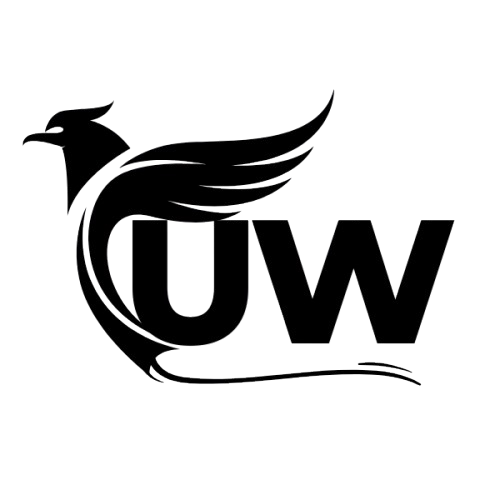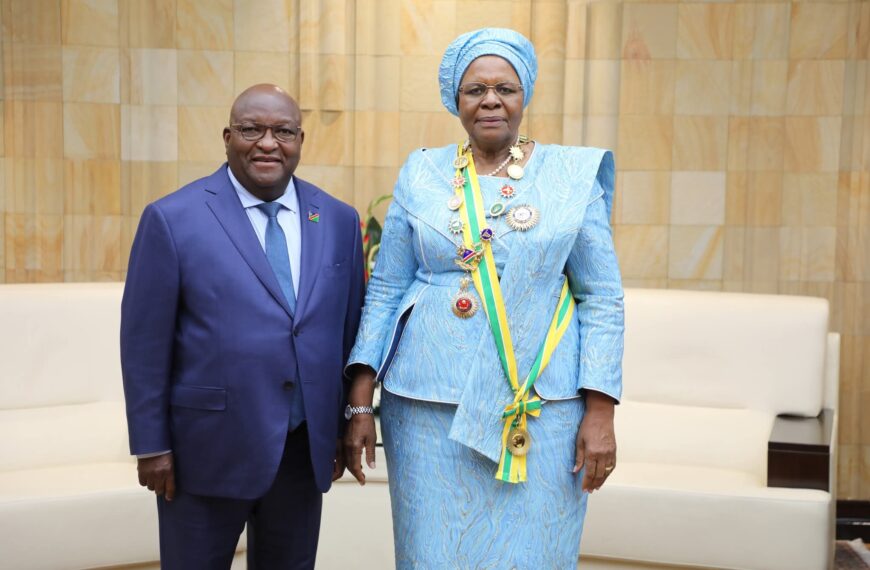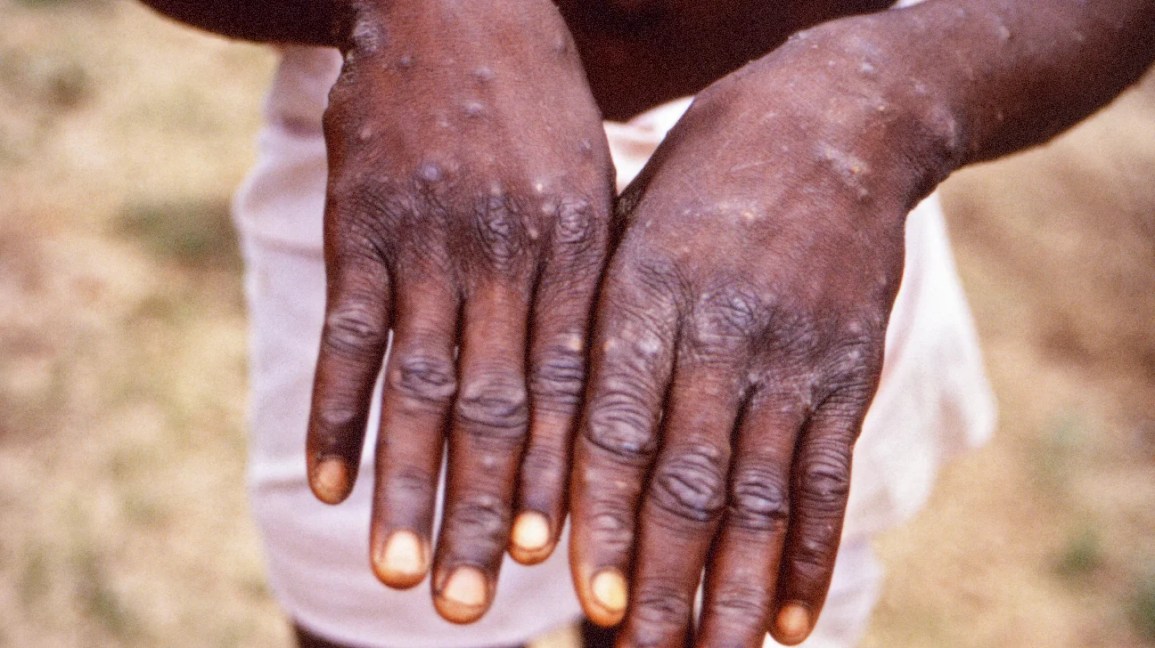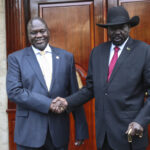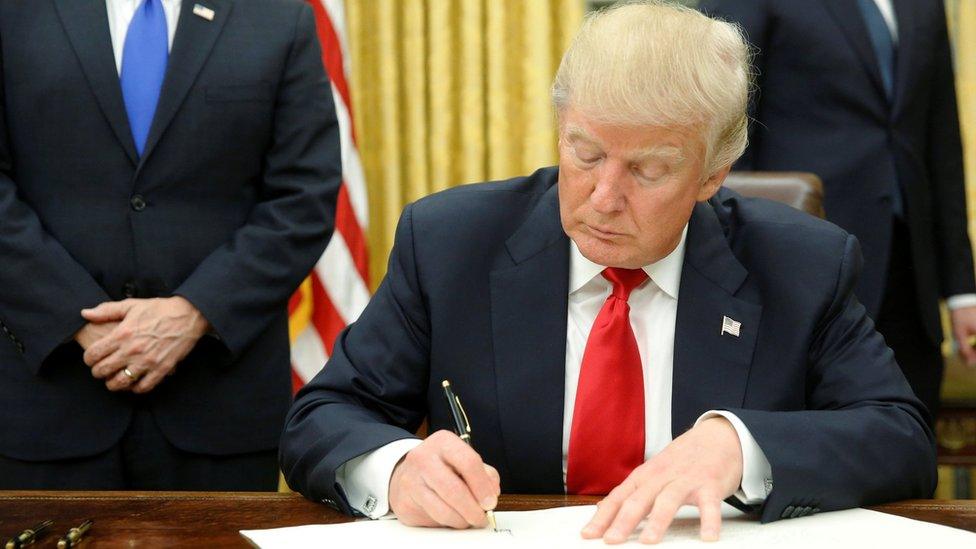
The United States has implemented new tariff reductions on goods imported from several African countries, following an executive order aimed at revising reciprocal trade rates. The adjustment is part of a broader U.S. strategy to rebalance trade relationships and promote fairer economic cooperation with developing nations.
Under the updated framework, six Sub-Saharan African countries will benefit from a uniform 15% tariff rate on exports to the U.S., significantly lower than previous rates. These changes are expected to impact sectors such as agriculture, textiles, and manufactured goods.
Countries Affected by the Tariff Reductions:
- Namibia: reduced from 21% to 15%
- Angola: reduced from 32% to 15%
- Botswana: reduced from 37% to 15%
- Zimbabwe: reduced from 18% to 15%
- Lesotho: reduced from 50% to 15%
- Zambia: reduced from 17% to 15%
However, South Africa remains excluded from this revision, with its tariff rate holding at 30%, which may affect its trade competitiveness in U.S. markets compared to neighboring countries.
Trade Implications
The tariff cuts are likely to boost export potential for the six countries listed, especially in sectors that rely heavily on access to the U.S. market. By easing trade barriers, these nations may see increased foreign investment and a strengthened presence in one of the world’s largest consumer markets.
At the same time, trade experts caution that without a comprehensive trade agreement in place, the benefits of these tariff adjustments may be limited in scope. Businesses may still face challenges related to customs procedures, product standards, and market entry conditions.
The Expiration of a Landmark Trade Initiative
Today also marks the official end of the African Growth and Opportunity Act (AGOA) — a pivotal U.S. trade program that had, since 2000, granted duty-free access to thousands of products from eligible African countries. For over two decades, AGOA played a central role in enhancing economic ties between the United States and Africa, supporting job creation, industrial growth, and export diversification.
Its expiration leaves a gap in formalized trade support for the continent, and while the recent tariff cuts offer partial relief, many African leaders are calling for new and long-term trade frameworks to replace AGOA and secure Africa’s future in global trade.

